Bandung, MINA – The 8th International Zakat Conference, also known as ICONZ 2024, ended with five important resolutions aimed at improving the management of zakat, infak, and sedekah (ZIS) in the ASEAN region.
The conference, with the theme “The Zakat Contribution Towards World Poverty Alleviation and Welfare,” was held at Bandung Institute of Technology (ITB) on Thursday. The event was attended by zakat activists from ASEAN countries (Malaysia, the Philippines, Cambodia, Brunei Darussalam, Myanmar), Jordan, and zakat practitioners and academics from Indonesia.
Muhammad Hasbi Zaenal, Director of Zakat, Infak, Sedekah (ZIS), and Other Religious Social Funds at BAZNAS RI, presented the five resolutions agreed upon during the conference.
“Recognizing zakat as an important tool in reducing socio-economic inequality, we, the participants of the 8th International Zakat Conference (ICONZ), including academics, practitioners, policymakers, and stakeholders, reaffirm our commitment to advancing zakat as a driver for sustainable development,” he stated.
Also Read: UAR Deploys 14 Volunteers to Aceh for Search, Rescue and Humanitarian Response
The resolutions outline strategies to improve zakat management, foster innovation, and expand its social impact, with a special focus on ASEAN collaboration to address common challenges and seize regional opportunities.
Here are the five resolutions from ICONZ 8 in Bandung:
1. Promote interdisciplinary zakat research to find innovative solutions for poverty reduction, social empowerment, and economic resilience. We will establish a Zakat Research Consortium to share knowledge and collaborate across global and regional stakeholders, including ASEAN countries.
2. Integrate zakat studies into university curricula, focusing on Islamic finance, modern zakat administration, and social welfare. We will also promote mutual recognition of academic programs and certifications across ASEAN and partner with professional organizations to offer training and skill-building programs for zakat practitioners.
Also Read: BNPB Deploys Aircraft to Deliver Emergency Aid to Flood-Hit Areas in Aceh
3. Support the digitalization of zakat management systems to improve efficiency, transparency, and accessibility. We will encourage the creation of the ASEAN Zakat Tech Hub to drive innovation in digital platforms and the use of data analytics to enhance zakat program impact.
4. Strengthen ASEAN collaboration in tackling socio-economic challenges through zakat initiatives, focusing on poverty alleviation, education, and healthcare. We will use regional partnerships to create community-based projects that showcase best practices in zakat use and measure its impact, ensuring inclusivity for vulnerable groups.
5. Form the ASEAN Zakat Network to facilitate ongoing dialogue, strategic planning, and joint initiatives among ASEAN member states. This network will focus on ASEAN’s socio-economic priorities, including poverty reduction, financial inclusion, and sustainable development. (T/RE1/P2)
Mi’raj News Agency (MINA)
Also Read: MER-C Medan Deploys Medical Team to Support Flood Victims in Sumatra






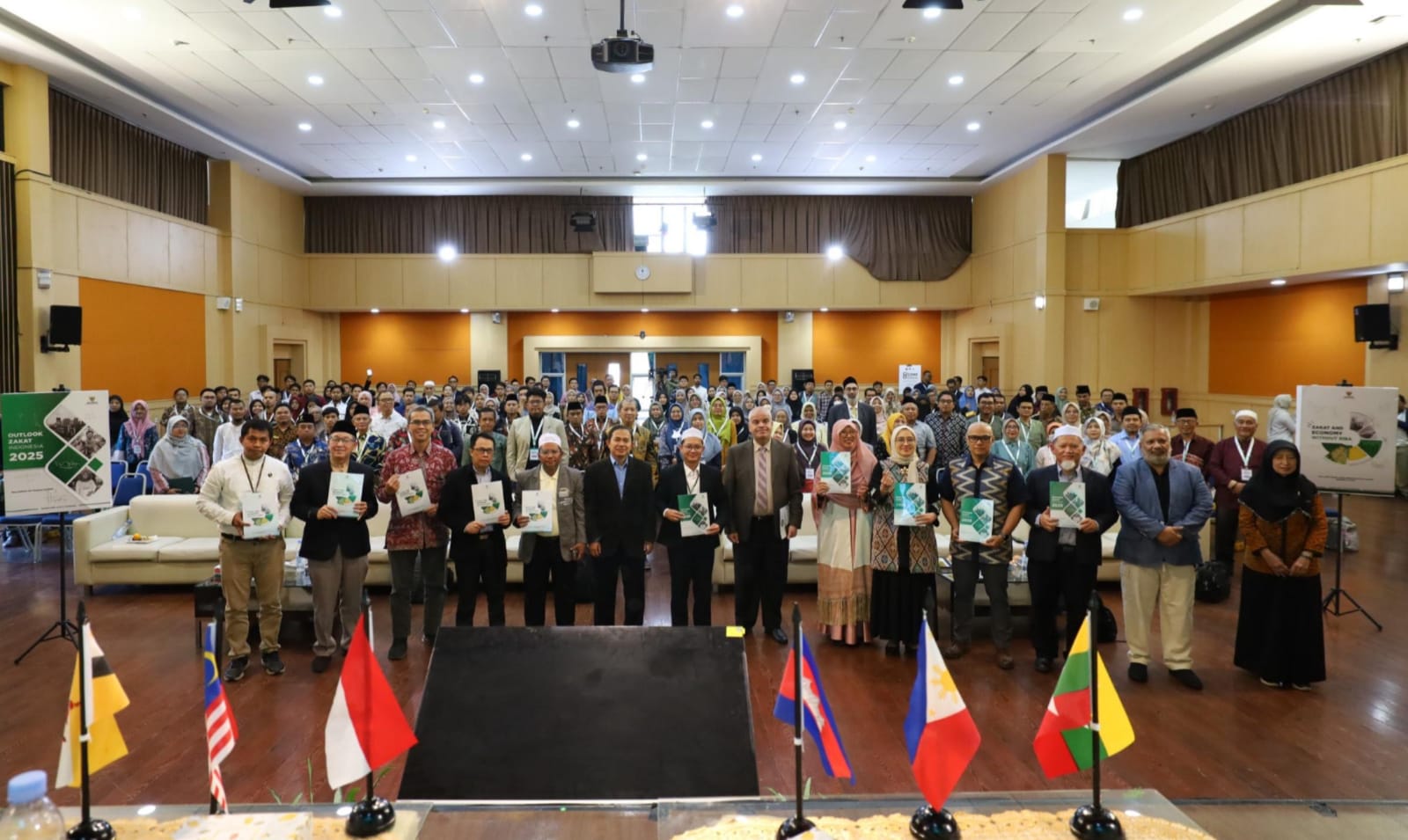



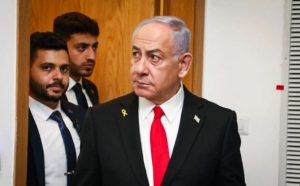





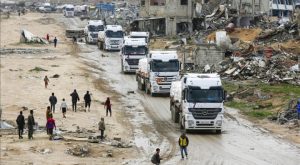
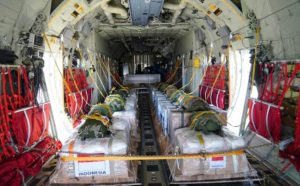

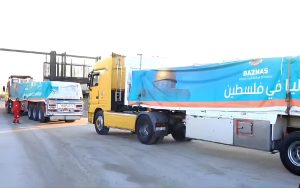
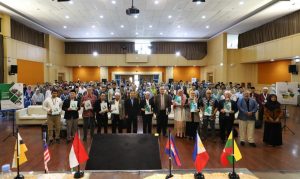
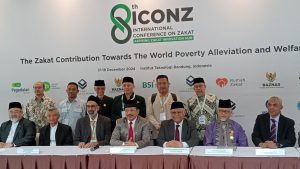






 Mina Indonesia
Mina Indonesia Mina Arabic
Mina Arabic